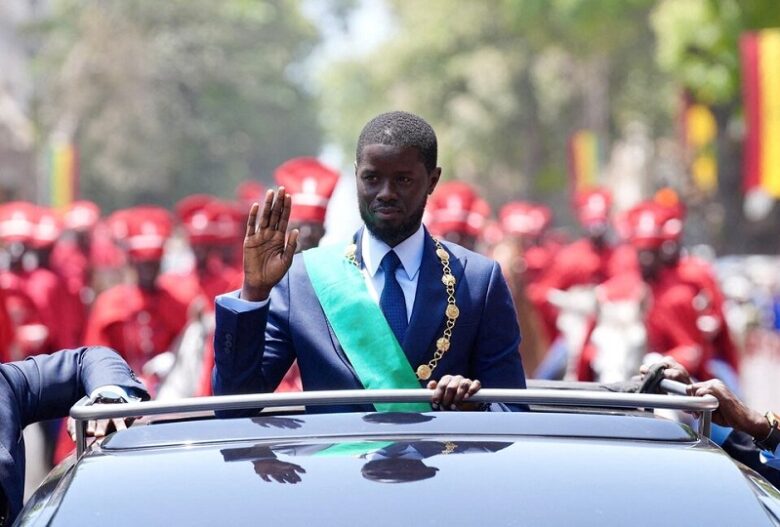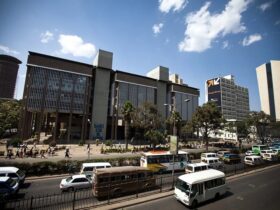Senegal’s economic outlook is under pressure due to slower growth, a widening fiscal deficit, and potential delays in IMF financing, according to analysts. President Bassirou Diomaye Faye, just five months into his term, called for snap parliamentary elections by dissolving the opposition-controlled National Assembly.
The Nov. 17 election coincides with critical preparations for the review of a $1.9 billion IMF loan secured last year to help stabilize public finances.
Barclays analyst Michael Kafe noted in a client report that it is improbable for Senegal to get its next IMF review approved before December.
A delay in releasing the upcoming tranche of funds would align with several other discouraging economic trends.
Fiscal Woes Deepen
The IMF announced on Friday that the 2024 growth projection has been lowered to 6.0%, down from 7.1% forecasted in June, due to the country’s slower-than-expected economic expansion during the first half of the year.
“This slowdown reflects weaker activity in the mining, construction, and agro-industrial sectors,” The IMF stated,
Analysts are closely monitoring the political and financial landscape ahead of the election, especially as economic disparities contributed to the violent protests in 2021.
However, there has been no indication of similar unrest in the lead-up to this vote.
Government revenue took a significant hit during the first eight months of the year, while spending remained consistent, according to the IMF.
“As a consequence, the fiscal deficit widened, and with lower-than-expected liquidity buffers, authorities turned to costly short-term external commercial borrowing.”
Following the dissolution of Senegal’s parliament, the country’s dollar bonds saw slight decreases, with yields on the 2033 and 2048 maturities holding steady at 85.33 and 73.24 cents on the dollar, respectively.
Faye, a former tax inspector, explained his decision to dissolve parliament, citing its refusal to pass a new budget law and its resistance to abolishing inefficient state entities.
Despite his victory in the March presidential election with 54% of the vote, his Pastef party only held 26 seats in the dissolved 165-member parliament.
Political risk consultancy Eurasia Group suggested that the situation could improve after the November election, noting the president’s popular reforms, such as a national dialogue on judicial reform and an ongoing financial audit aimed at reducing inefficiencies and waste.
“Historically, legislative election results tend to align with those of presidential elections when held soon after,” Eurasia stated.
Faye might also benefit from the anticipated economic boost due to Senegal’s newly discovered natural resources.
The country began oil production in June at Woodside Energy’s Sangomar field, and gas production is expected to start by year-end at the Greater Tortue Ahmeyim LNG project, operated by BP.
“Senegal’s current administration will use these resource revenues to address the country’s significant external and fiscal imbalances,” said Evghenia Sleptsova, an analyst at Oxford Economics.
YOU MAY ALSO READ: Ten Civilians killed in CODECO Militia attack on village in Eastern Congo









Got a Question?
Find us on Socials or Contact us and we’ll get back to you as soon as possible.